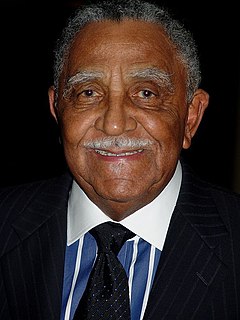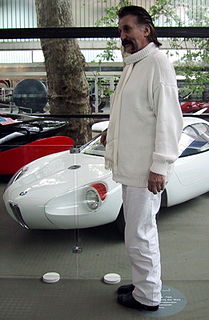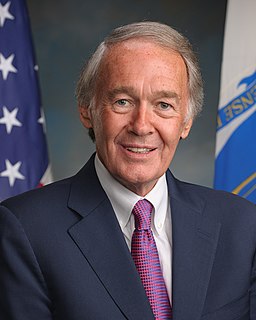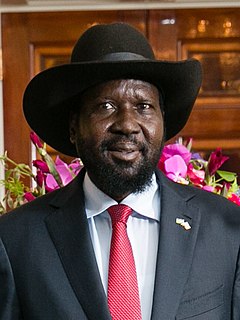A Quote by Lisa Murkowski
Statutory authority to improve fuel economy has existed for 35 years at the Transportation Department, and it still exists today.
Quote Topics
Related Quotes
1973 was the first gasoline crisis in the world. That year, I designed the first aerodynamic truck, eating 40 percent less fuel. I put it on exhibit everywhere. It was 30 years ahead of its time. Nobody is building it today, and everybody still has problems with their boxy cars and trucks eating up fuel.
Today it's fashionable to talk about the New Economy, or the Information Economy, or the Knowledge Economy. But when I think about the imperatives of this market, I view today's economy as the Value Economy. Adding value has become more than just a sound business principle; it is both the common denominator and the competitive edge.

































